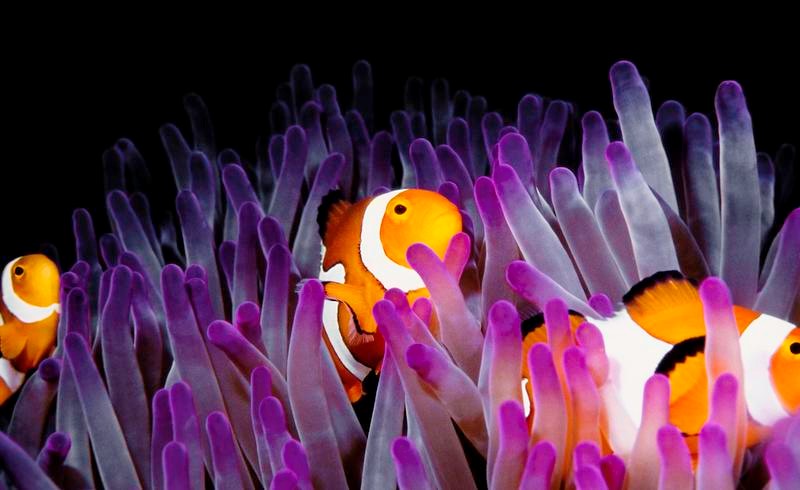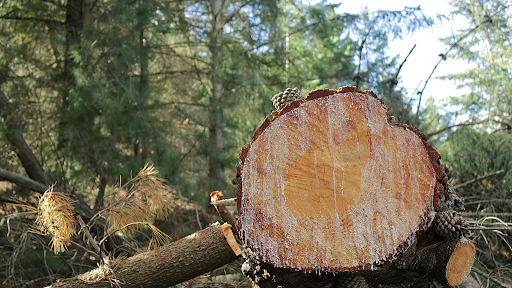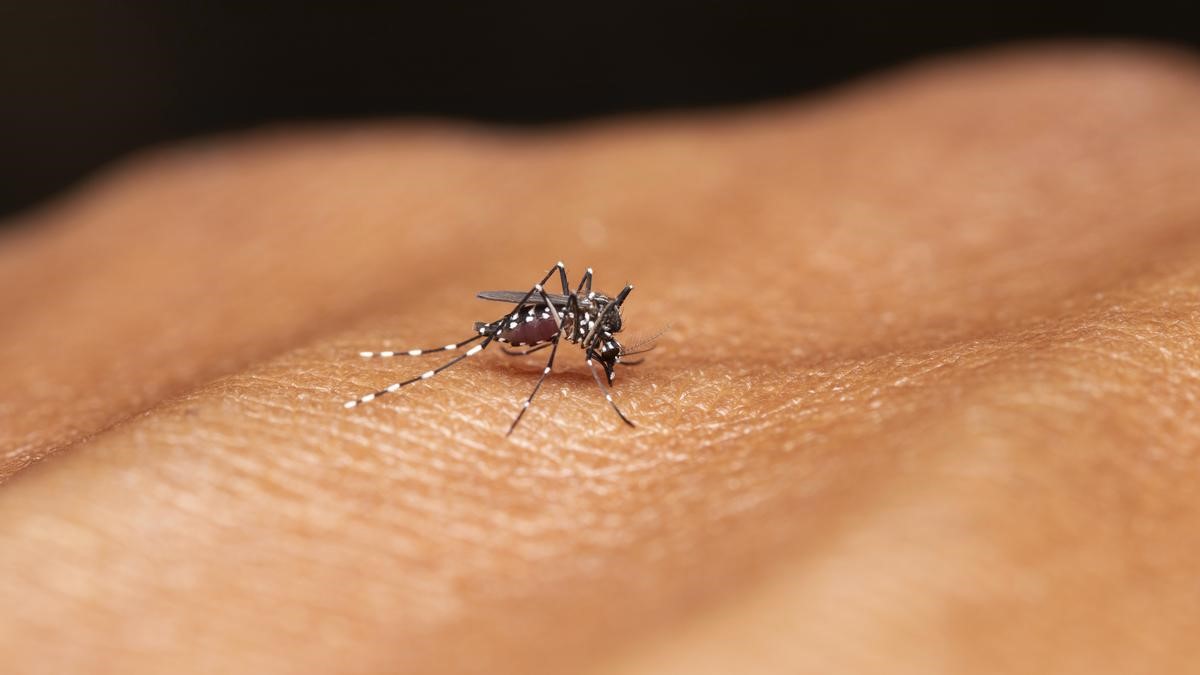




Source: HINDU
Disclaimer: Copyright infringement not intended.
Between 2023–2024 the world experienced a mass coral bleaching event the fourth global bleaching event on record.
84% of the world’s coral reefs in 83 countries were affected.
This bleaching has been linked to marine heatwaves prolonged periods of elevated sea surface temperatures.
A new study has revealed that adult clownfish shrink in size to survive extreme heat conditions.
Clownfish also known as anemonefish are small, brightly colored marine fish belonging to the subfamily Amphiprioninae in the family Pomacentridae.
They are primarily known for their symbiotic relationship with sea anemones which is a classic example of mutualism in marine ecosystems.
|
Classification |
Details |
|
Kingdom |
Animalia |
|
Phylum |
Chordata |
|
Class |
Actinopterygii (ray-finned fish) |
|
Order |
Perciformes |
|
Total Known Species |
30 recognized species |
Typically 4 to 5 inches long.
Bright orange with white stripes, but varies across species.
Found in shallow seas and coral reefs of the Indian and Pacific Oceans including the Great Barrier Reef and the Andaman and Nicobar Islands.
Omnivorous – algae, zooplankton and small crustaceans.
Mutualism with Sea Anemones
Clownfish live among the tentacles of sea anemones.
Sea anemones offer protection with their stinging cells (nematocysts) which clownfish are immune to due to a mucus coating.
Clownfish provide food scraps and improve water circulation to the anemones.
This mutualistic relationship is a classic ecological example often asked in UPSC questions.
Sequential Hermaphroditism
Clownfish are protandrous hermaphrodites: born male, they can change to female.
In a social group the dominant individual is female.
Upon the death of the female the largest male changes sex to become female.
|
Region |
Status |
|
Indian Ocean |
Native |
|
Pacific Ocean |
Native |
|
Australia (GBR) |
Native |
|
Andaman & Nicobar Isles |
Native |
|
Lakshadweep |
Present in reef zones |
|
Threats |
Details |
|
Habitat Loss |
Due to coral bleaching, pollution, and coastal erosion. |
|
Climate Change |
Affects symbiotic anemones and coral reef ecosystems. |
|
Overcollection for Aquarium Trade |
Unsustainable harvesting of wild populations. |
|
Ocean Acidification |
Affects development and navigation in larvae. |
Global Efforts
Coral Reef Conservation Initiatives by UNEP and ICRI.
Marine Protected Areas help conserve clownfish habitats.
Regulation of aquarium trade through sustainable aquaculture initiatives.
India-Specific Measures
Wildlife Protection Act, 1972: Provides protection to marine biodiversity though clownfish not specifically listed.
Marine Biodiversity Conservation Programs under the MoEFCC.
Research & Captive Breeding Programs: Central Marine Fisheries Research Institute is engaged in clownfish aquaculture.
Sources:
|
PRACTICE QUESTION Q. Coral reef degradation affects dependent species. Explain with suitable examples. 250 words |







© 2026 iasgyan. All right reserved